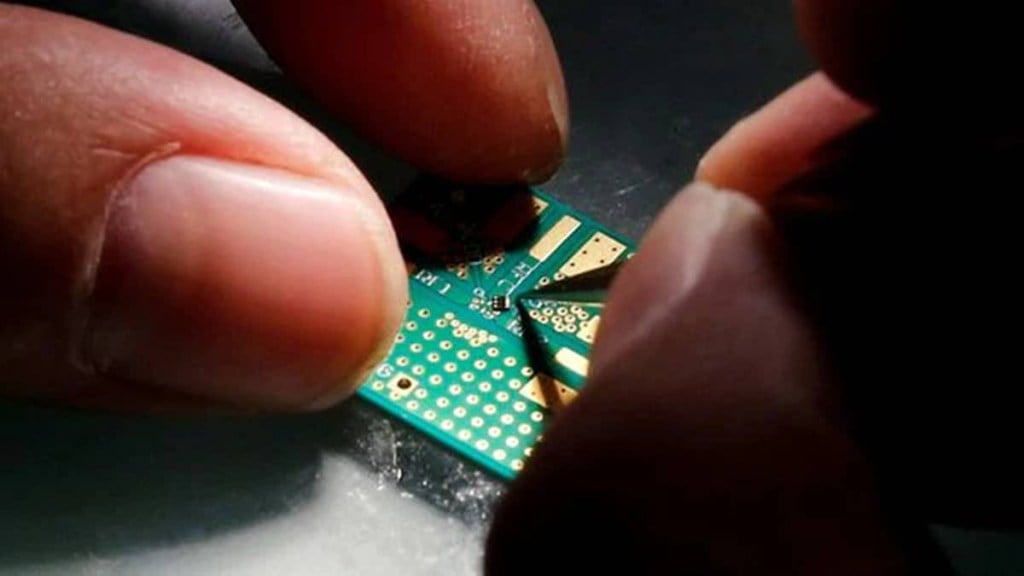The US administration under President Donald Trump is preparing new restrictions on the export of advanced AI chips to Malaysia and Thailand, Bloomberg reported, citing sources familiar with the matter. The move is part of a broader effort to prevent sensitive technology, particularly Nvidia’s cutting-edge processors from being rerouted to China via third countries.
The draft rule, formulated by the Commerce Department, is still under review and may undergo changes before implementation. However, officials are expected to formally rescind President Joe Biden’s earlier “AI diffusion” rule and replace it with a new strategy targeting potential smuggling routes in Southeast Asia.
Concerns over China’s access to AI chips
US officials allege that despite direct restrictions on the sale of Nvidia’s AI chips to China, certain Chinese entities may be accessing these processors through servers and intermediaries based in Malaysia and Thailand. In June, Malaysia announced it was verifying reports that a Chinese company operating domestically was using Nvidia-equipped servers to train large language models.
Commerce Department officials are particularly wary of third-party data centers giving remote access to China-based AI developers. The Biden-era rule imposed curbs on more than 40 countries and attempted to tighten control on the global flow of American AI technology. Trump’s administration is seeking to maintain those core restrictions but restructure how they are applied, focusing more on enforcement and export pathways.
Nvidia, the dominant global supplier of AI chips, declined to comment on the reported draft rule. Its CEO, Jensen Huang, has previously stated there’s “no evidence” of chip diversion but did not reference any specific country. Meanwhile, Malaysian and Thai government officials have not publicly responded, though Malaysia’s investment ministry has called for “clear and consistent” policy guidance.
Southeast Asia plays a critical role in the global chip supply chain, especially in packaging and assembly. Companies such as Oracle have made significant investments in regional data centres. The proposed rules may include transitional provisions allowing US and allied companies to continue operations in Malaysia and Thailand without an immediate licensing burden.
Smuggling concerns spark legal cases
Washington’s anxiety is mirrored by an ongoing legal case in Singapore, where prosecutors have charged three men with allegedly misleading customers about the end destination of AI servers shipped from Singapore to Malaysia. These servers reportedly contained advanced Nvidia chips, though Nvidia is not accused of any wrongdoing.
The Trump administration’s move represents its first major effort to reshape Biden-era AI controls, with officials indicating further expansion to other countries is possible.

